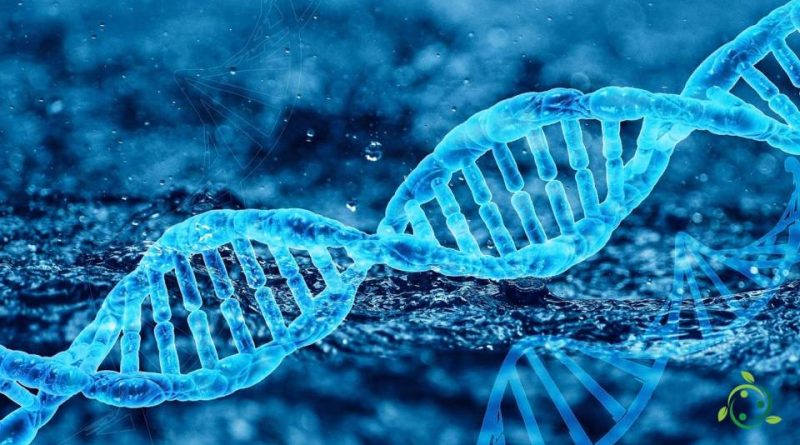Cytogenetics
Cytogenetics
The term Cytogenetics refers to that branch of science that studies the morphology of chromosomes, as far as it is visible under an optical microscope, and the karyotype, that is, the set of chromosomes in a cell.
Cytogenetics received a significant boost after 1956 when the stability of the karyotype, ie the number and structure of chromosomes, was ascertained.
With cytogenetics it has been seen that eukaryotic cells can be haploid (with one chromosome for each type), or diploid (with two chromosomes for each type).
The number of types of chromosomes is defined for each species and is indicated with “n”: the haploid arrangements are therefore indicated with n, the diploid ones with 2n.
With the improvement of cytogenetic techniques it has been possible to appreciate and study the very precise mechanisms that allow the duplication and segregation of chromosomes during mitosis and meiosis.
Cytogenetics has also made it possible to study anomalies both in the structure of chromosomes (chromosomal anomalies) and in their number (genomic anomalies), as well as in the chromosomal determination of sex.
Comparing karyotypes of different species is also very useful in reconstructing evolution.

